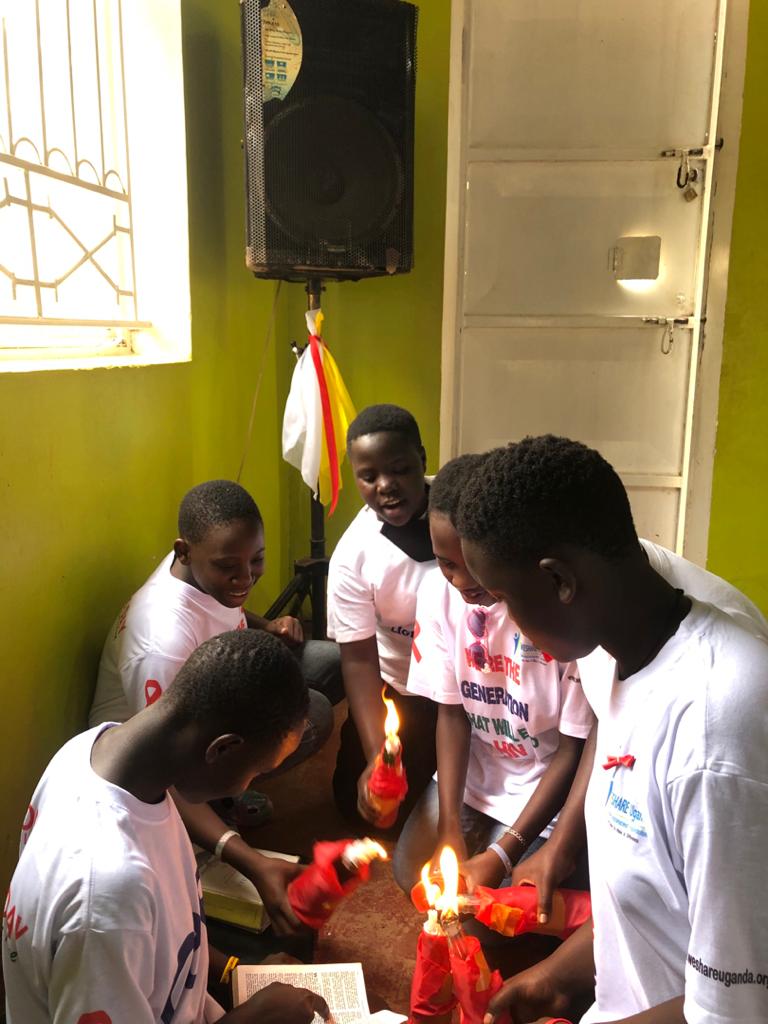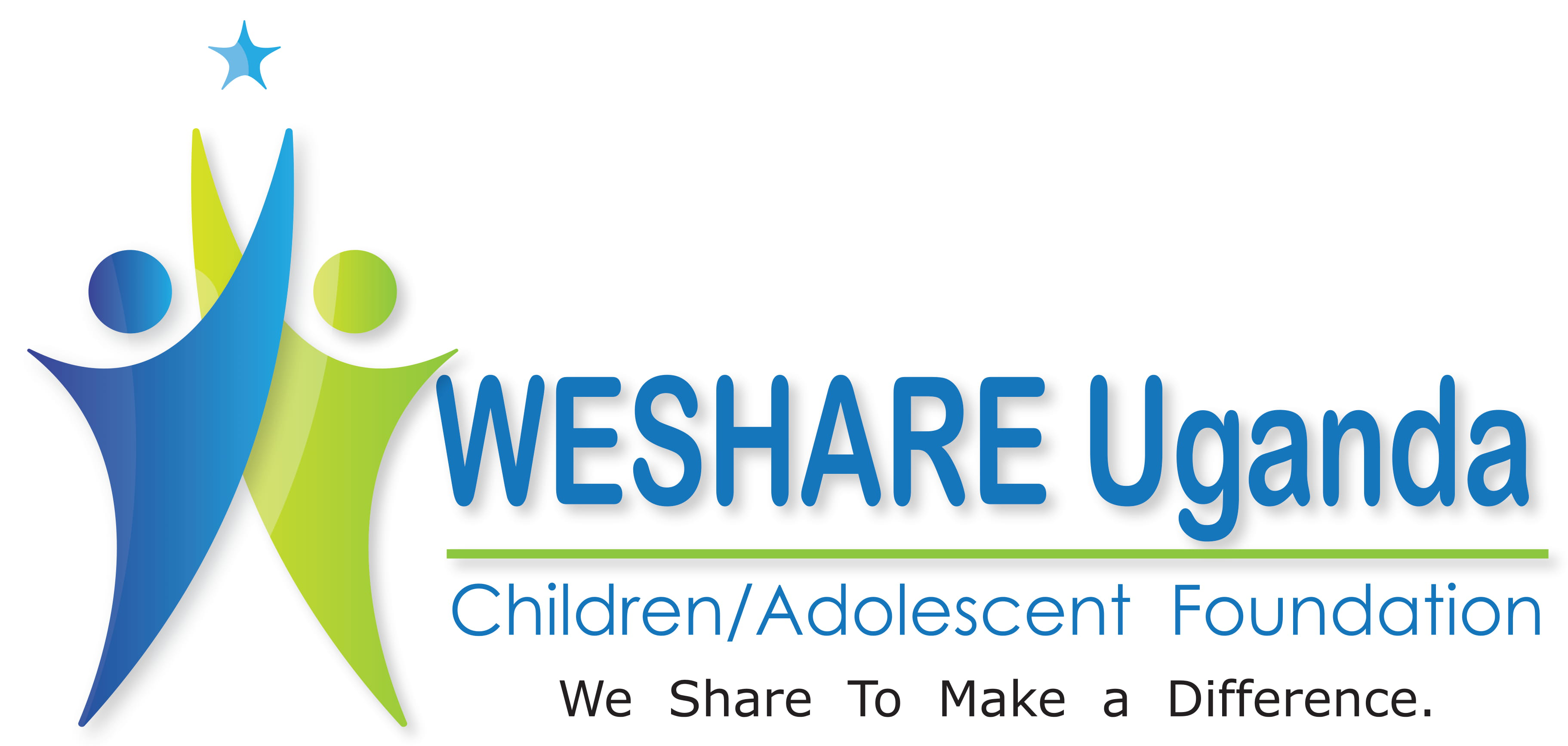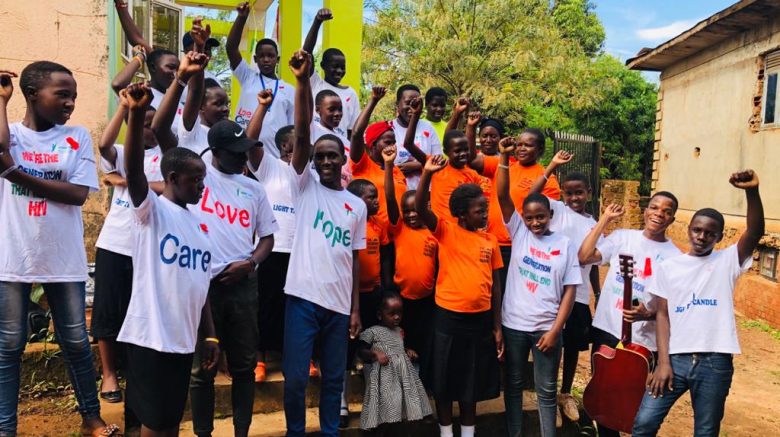Message from the Founder
World AIDS Day is a moment to Honour over 40 million lives lost to AIDS, strengthening efforts towards the AIDS response, and our commitment to ending AIDS.
In 1988, World AIDS Day was founded as the first global health day, being observed on December 1st of each year. It is organized to show support for HIV-positive people as well as to remember those who have died as a result of AIDS. World AIDS Day is also a rallying cry for people to come together on a worldwide scale. Key messages are made to continue a Public-wide awareness about HIV/AIDs, fostering a number of outlined preventive measures so as to curb new HIV infections.
Inequalities are preventing the AIDS epidemic from being eradicated, according to the UNAIDS World AIDS Day report 2022, “Dangerous Inequalities.” Millions of lives are at risk, and there are only 8 years until 2030. At this point, the UN has set itself the objective of eradicating AIDS as a threat to global health. The report makes clear that immediate action is required to address these disparities and restart the global AIDS response.
In sub-Saharan Africa, adolescent girls and young women are three times more likely to be infected with HIV than boys and men of the same age. The driving factor is inequality.
Enabling girls to stay in school until they complete secondary education reduces their vulnerability to HIV infection by up to 50%. When we include comprehensive sexuality education and other measures for girls’ empowerment then their risk is reduced even further. At WESHARE-Uganda Child Foundation, one of our our sole priority is to take measures towards strengthening Education (WESHARE-OVC Education support Program) and Empowerment programs especially for the young girls helping them stay in school and have education, as well as supporting young women through self-help programs including empowerment and skills Programs for self-sustainability.
Our WESHARE-Health club takes key priority to investing quality time through extending SRH services to poor and marginalized communities (Slum areas), where many young people are living vulnerable life styles. Our Programs include Youth friendly community services, HIV preventive Programs with SRH services, skills and talents Programs. This has noticed a sound progress with many young people being helped through-out our behavioral change processes with addictive behaviors, today many are engaging in productive activities rather than staying idle. Despite our efforts to achieve sustainable progress, with a number of HIV/AIDs Preventive measures for young people, there is a funding gap to a number of our activities. I therefore call upon our dear friends, donors as well as well-wishers to continuously come to our cause though helping us raise the necessary resources for our community support Programs.
We care….. We Love…… We Hope
“The occasion of World AIDS Day reminds us that we must treat people with AIDS with respect and equality.” “Wishing a very happy World AIDS Day commemoration.
Key messages from WHO
1. Re-commit to end HIV
Persistent inequalities and the challenges posed by the COVID-19 pandemic require a renewed effort to end HIV as a public health threat by 2030.
2. Tackle HIV and COVID-19 together
We must confront the special challenges presented by the COVID-19 pandemic for people living with HIV.
3. Focus on equality
We must ensure that everyone, everywhere has equal access to HIV prevention, testing, treatment and care, including COVID-19 vaccinations and services.
4. Concentrate on those left behind
WHO recommends a renewed focus on countries and populations that are still missing out in the global response to HIV and AIDS. These include the diverse groups of people being marginalized in each country, including “key” populations of people who are at high risk.


